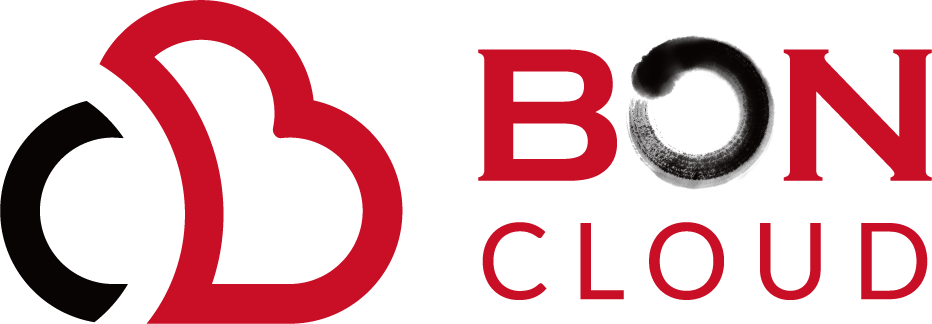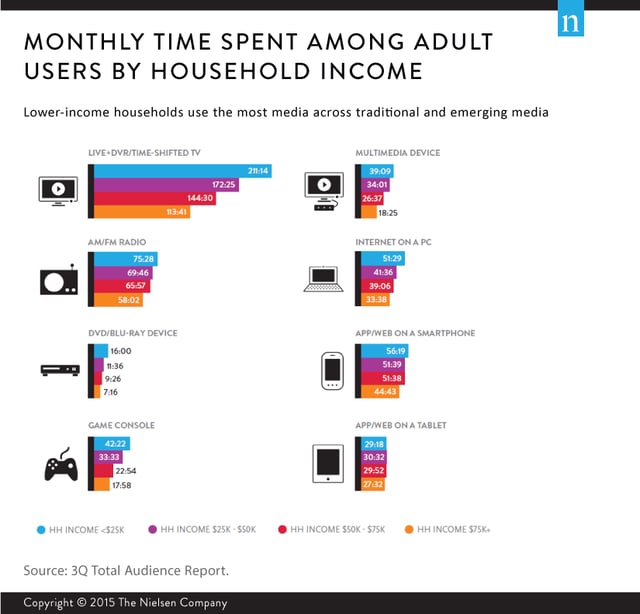With every ebb and flow the tide of technological brings people who try to predict what will stay and what will be swept away. Although there was once a time when people were unsure whether TV programming would catch on among consumers, it is currently the most dominant form of media usage today. However, with those numbers declining year by year and the number of internet users increasing, many people have been trying to predict whether or not the internet will be the death of television viewing and advertising as we know it.
The consensus among many researchers is while the internet is having a negative effect on television viewing, it is not yet a crisis, just a slow moving catastrophe. With more and more technologies becoming available for media consumption, the market share for previous technologies has been dropping. According to the recent analysis of Moffett Nathanson Research media analyst Michael Nathanson, while the number of time spent consuming digital media is on the rise, television viewership in younger generations has been falling to make room for other forms of technology. That being said, members of the older generations are still watching as much television, and adding more hours of media consumption to their daily lives utilizing new tech.
"it is not yet a crisis, just a slow moving catastrophe"
As shown in the above graphic from May of 2015 more and more people are able to access digital media through their personal computers as well as tablets, smartphones, and tv connected devices. While television’s magenta boxes still occupy the most space the yellow, orange, green, and blue boxes for internet devices are growing more and more apparent as a collective group. However the purple box that represents radio usage does provide a worthwhile counterargument to the eventual death of television. While radio is certainly a shadow of its former self it has remained a substantial form of media consumption despite predictions that it would be killed off by television. Author and journalist Tim Bowden argues that the reason why radio has held on through the television and internet age is it has been repurposed to provide a different value to consumers than it had in the past. Radio today is most popular in the morning and daytime, at certain times of the day even more popular than television.
What does that mean for television though?
Just as there are certain things that radio can offer that television cannot, there are things that television can offer that the internet cannot. While services like Netflix and Youtube should make producers of sitcoms nervous, the contracts many networks have with sports leagues such as the NBA and the NFL still make them the primary viewing platforms for many sports enthusiasts. Even with challenges for television producers increasing the outlook is not completely bleak. Television may not be died just yet, but there will likely come a day when we say "Internet killed TV".
As a parting thought, before television advertisers jump ship in favor for internet slots there is another factor that could have a great effect on the efficacy of their advertisements. Use of adblocking software is on the rise. Whether downloaded from the app store or added directly to Google Chrome more and more people are choosing to skip ads entirely rather than sitting through them. Many people place the blame on Youtube for playing advertisements before videos that are harder to ignore than the ones sitting on the side of the screen. Youtube itself has recently released a new service called Youtube Red that allows for subscribers to pay to watch videos ad free. Whether or not this will help Youtube itself make up lost revenue from users who use adblockers it is bad news for advertisers. What effect ad free media may have on television viewership is still unclear, however those in the television business should keep their eyes open to all aspects of digital media advertising because it may not be as simple as a basic ebb and flow.








